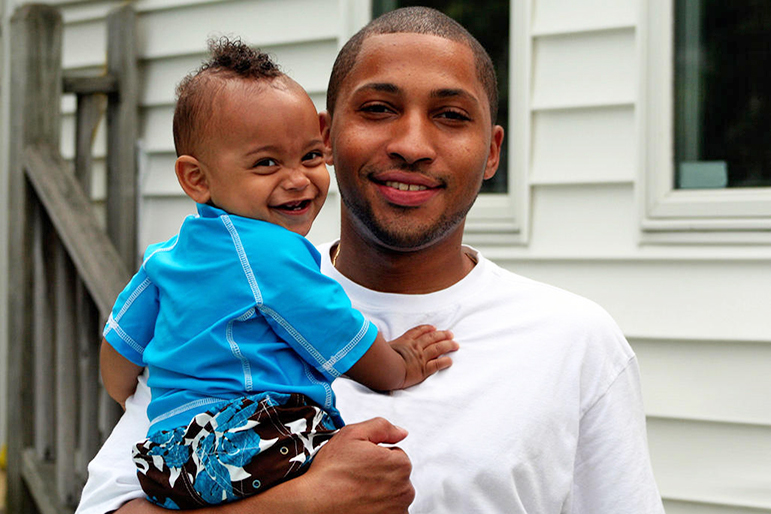Child Custody in Maryland

In the realm of marriage, the phrase “for better or for worse” resonates deeply. It’s a heartfelt commitment voiced during matrimonial vows, envisaging a future filled with love, respect, and mutual support.
However, sometimes the ‘worse’ breaks this sacred bond, leading to separation or divorce. When children are involved, this transition necessitates careful consideration of their welfare post-divorce, and this is where child custody laws become critical.
Even when the parties involved are unmarried, the father may want to seek custody rights for a child born outside wedlock. This article explores the intricacies of child custody laws in Maryland, offering guidance and insights to those navigating this complex terrain.
Physical and Legal Custody
Within the framework of family laws, child custody refers to the legal authority granted to an adult to make significant decisions on behalf of a child and maintain physical possession of them. In Maryland, child custody falls into two main categories: physical and legal.
Physical custody pertains to the child’s physical presence, meaning the child lives with and is under the custodial parent’s care. For instance, a mother could be granted physical custody, whereby the child primarily resides with her.
On the other hand, legal custody is about decision-making power, encompassing crucial aspects such as education, healthcare, and religious upbringing. For example, a father with legal custody may decide on the school his child attends.
Sole, Split, and Joint Custody
Sole custody means one parent has physical and legal custody. It can be challenging to secure sole custody as Maryland courts prefer arrangements that involve both parents.
Split custody, another arrangement, is where each parent gets physical custody of one or more of the children when multiple offspring are involved. Despite its advantages in ensuring a parent-child bond, it has its downsides, notably the separation of siblings.
Lastly, there is joint custody, which includes joint legal custody, where both parents share decision-making responsibilities; shared physical custody, where the child spends substantial time with each parent; and a combination of both, where the child has a central residence, and parents rotate time spent there.
Considerations for Child Custody Orders in Maryland
When issuing child custody orders, courts prioritize the child’s best interests. Primarily, courts consider who has been the primary caregiver, as continuous care significantly impacts child development. Stability plays a vital role in custody determinations; thus, courts favor the least disruptive arrangements, ensuring the child’s life remains as unchanged as possible after a divorce or court ruling.
The suitability of each parent is also carefully examined. An exemplary reputation, physical fitness, and the ability to provide a nurturing environment could weigh in their favor. However, past misconduct or any signs of instability may have the opposite effect.
“In Maryland, as with most American states, the child’s preferences are considered during a divorce if they are mature enough. This consideration gives the child a voice and carries a lot of weight in the court’s decision,” says family and divorce law attorney Tammy Begun of Capital Family & Divorce Law Group.
Modifying Custody Arrangements in Maryland
Maryland family laws allow for modifications, but existing arrangements are upheld if they still serve the child’s best interests. To seek modification, a parent must provide substantial evidence that the current arrangements no longer benefit the child.
Sometimes, the court may grant custody to extended family members if biological parents are deemed unsuitable. These relatives can provide the stability needed for the child.
Remember, the ultimate goal is to safeguard the child’s welfare while ensuring continuity and security. Yet, any adjustments must be firmly rooted in the child’s best interest.





